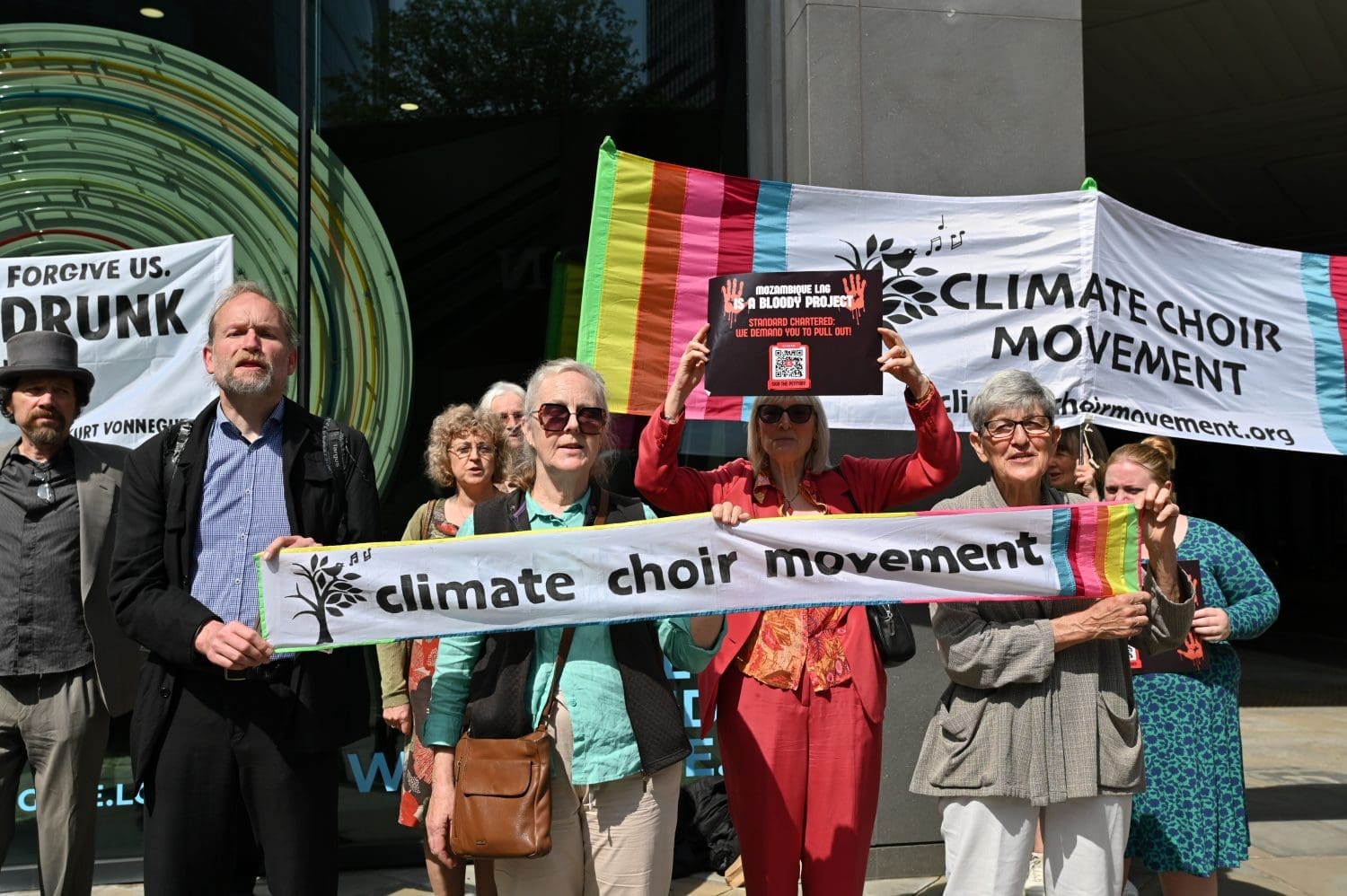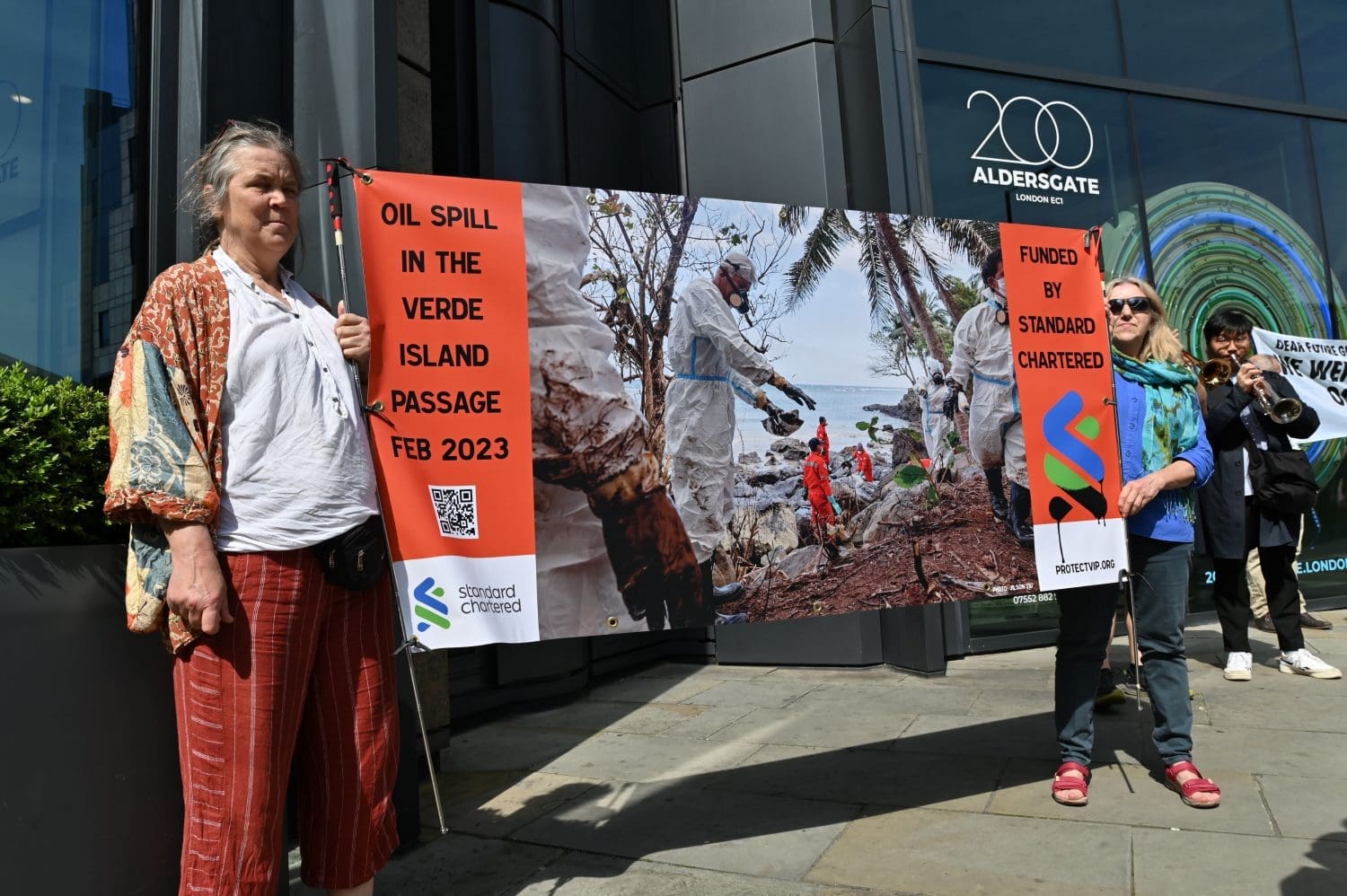It’s 2024, but violence against LGBTQ+ people continues apace. In fact, across Europe, it has rocketed to record levels. This is according to a new Europe-wide survey which revealed the situation for LGBTQ+ people living across the EU, Albania, North Macedonia, and Serbia.
Unsurprisingly, the new survey exposed the appalling scale of discrimination that bigots across the board, from employers to healthcare systems, and throughout multiple other public institutions continue to mete out against them.
Europe LGBTQ+ report
On Tuesday 14 May, the EU Agency for Fundamental Rights (FRA) released its new damning report on the state of society for LGBTQ+ people in 2023. Specifically, over 100,000 respondents from across the EU, Albania, North Macedonia and Serbia participated in the FRA’s comprehensive survey. It followed two previous surveys the FRA had conducted first in 2012, and then again in 2019.
Significantly, the report noted that its findings “present a paradox”. On the one hand, it showed a positive uptick in the number of people living openly as LGBTQ+. For instance, the report identified that the share of respondents open about their sexual and gender identity had increased.
In 2019, less than half – 46% – said they were open about this. By contrast, 52% of respondents said they are “often or always” open about being LGBTQ+.
Alongside this, 36% of survey respondents said they had experienced discrimination in the 12 months before the survey. While still over a third, this was down from the 42% respondents reported in 2019.
However, an alarming rise in violence since 2019 has tempered progress in LGBTQ+ living safe and free from hatred.
Notably, 14% of respondents reported experiencing a physical or sexual attack in the five years before the survey was conducted in 2023. Comparatively, 11% of respondents had reported this in 2019.
Of course, some groups shouldered a disproportionate burden of this violence. In particular, bigots had threatened or carried out violence against intersex and trans people far more than the average across the LGBTQ+ community.
In 2019, violence against intersex people across the previous five years had been 22%, but this sky-rocketed to 34% in 2023. Meanwhile, this was the case for 29% of trans women and 23% of trans men in 2023.
Discrimination in all aspects of public life
As well as an increase in violence, the Europe LGBTQ+ report showed that unconscionably high levels of discrimination persists in multiple aspects of public life.
Overall, in the 12 months before the survey, 37% of respondents said that institutions, public services, and people had discriminated against them for being LGBTQ+.
This included 18% in the workplace, 17% in food and drinks venues, and 15% in education settings. For instance, bullying at schools has drastically increased. More than two in three respondents said they had been bullied, a steep increase compared to one out of two in 2019.
Healthcare was also hot on the heels of these public settings, with 14% of respondents reporting that services had discriminated against them.
Notably, the report said that:
LGBTIQ people face severe difficulties in accessing healthcare, in many cases leading to forgoing treatment (5 %), avoiding seeking necessary healthcare (6 %) or being refused treatment by medical professionals (2 %).
A worrying proportion of respondents (10 %) say that they faced such problems in accessing emergency care or that they had to change general practitioner due to negative reactions(5 %).
Similarly, the high rates of discrimination were also the case in housing for 12% of respondents. Moreover, 1% of survey respondents had said this discrimination had pushed them into homelessness. The report highlighted the disproportionate levels of LGBTQ+ people forced into this:
many respondents face difficulties with housing and homelessness that are disproportionate compared with the general population. For example, 6 % of intersex respondents report having to sleep rough in a public space at least once in their life compared with 0.2 % of the general population.
Political football for the far right
Notably, a shameful ecosystem of online bigotry is partly responsible for driving this spike in hate-motivated violence.
Specifically, the report stated that:
Online campaigns inciting hate against LGBTIQ people are spreading disinformation.
Nearly two thirds of respondents said they:
often or always encounter online statements including calls for violence against LGBTIQ people, references to ‘LGBTIQ propaganda’ or ‘gender ideology’, references to LGBTIQ people posing a sexual threat or a threat to ‘traditional values’, considering LGBTIQ people to be ‘unnatural’ or mentally ill, and other forms of hatred.
As the Canary previously reported, the vitriolic tirade of online disinformation has fed into European far-right narratives.
Of course, this is especially prescient ahead of the European Parliament’s 2024 elections in June.
Already, the International Lesbian, Gay, Bisexual, Trans and Intersex Association Europe (IGLA-Europe) has highlighted this hatred in action. In a similar report it published in February, the IGLA-Europe identified an alarming surge in anti-LGBTQ+ hate speech from politicians across the bloc.
Most prominently, political candidates and elected officials directed this towards trans people throughout the continent.
Given this, IGLA-Europe advocacy director Katrin Hugendubel said in February that:
It is in this climate that the European Parliament elections will take place next June. The public discourse is becoming more polarised and violent, particularly against trans people, and the LGBTI community has experienced the highest and most severe violence across Europe in decades.
Overall, the new Europe LGBTQ+ report underscores the stark and ongoing violence, harassment, and discrimination that persist for the LGBTQ+ community. Of course, this upsurge in violence hasn’t occurred in a vacuum. Evidentially, while politicians continue to use LGBTQ+ people as their political football, this violence and discrimination will continue to thrive.
Additional reporting by Agence France-Presse
Feature image via Youtube – Planet V
By Hannah Sharland
This post was originally published on Canary.
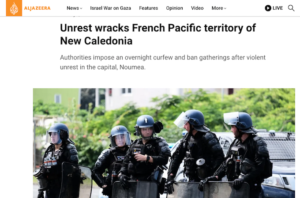
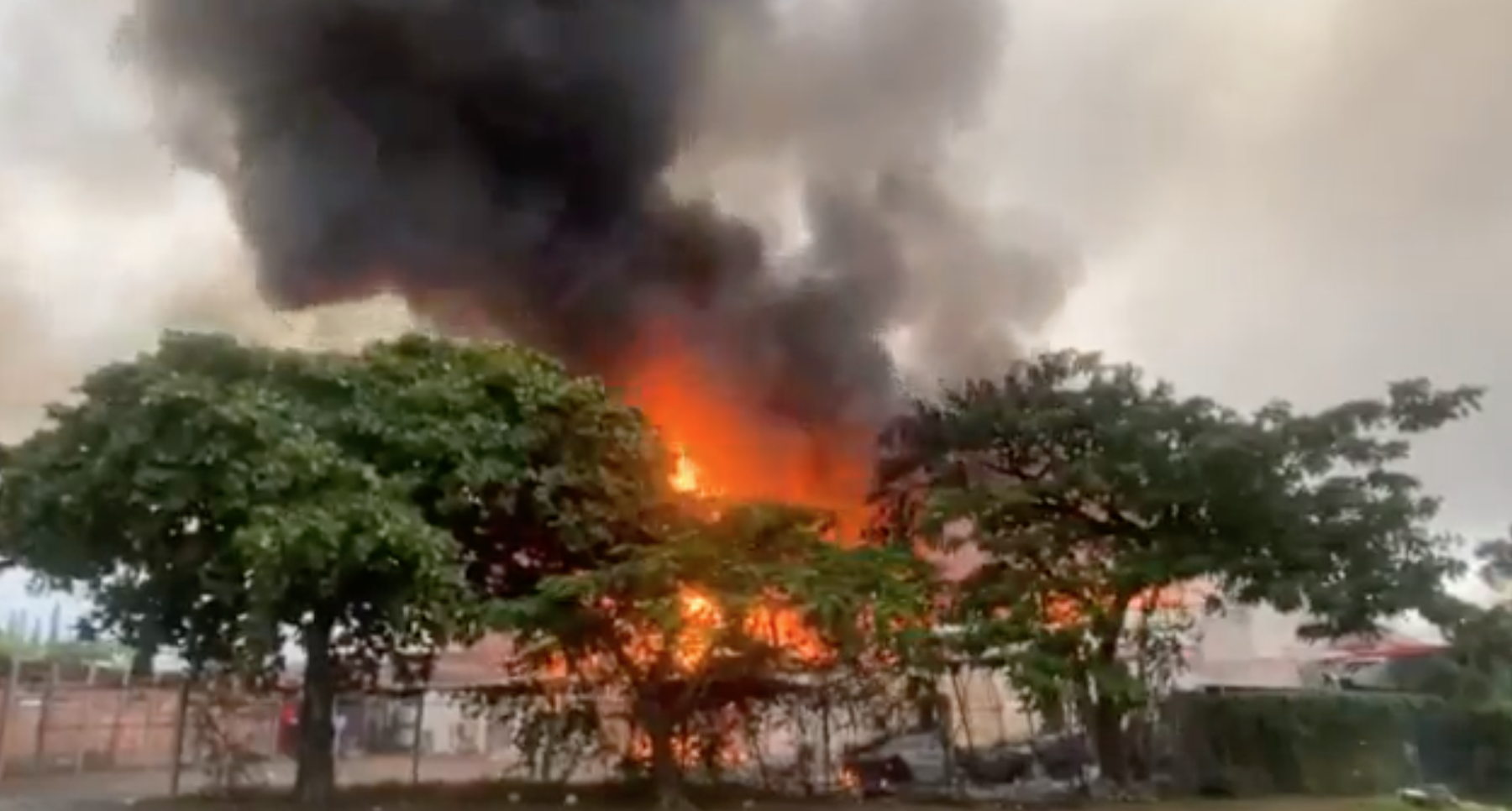
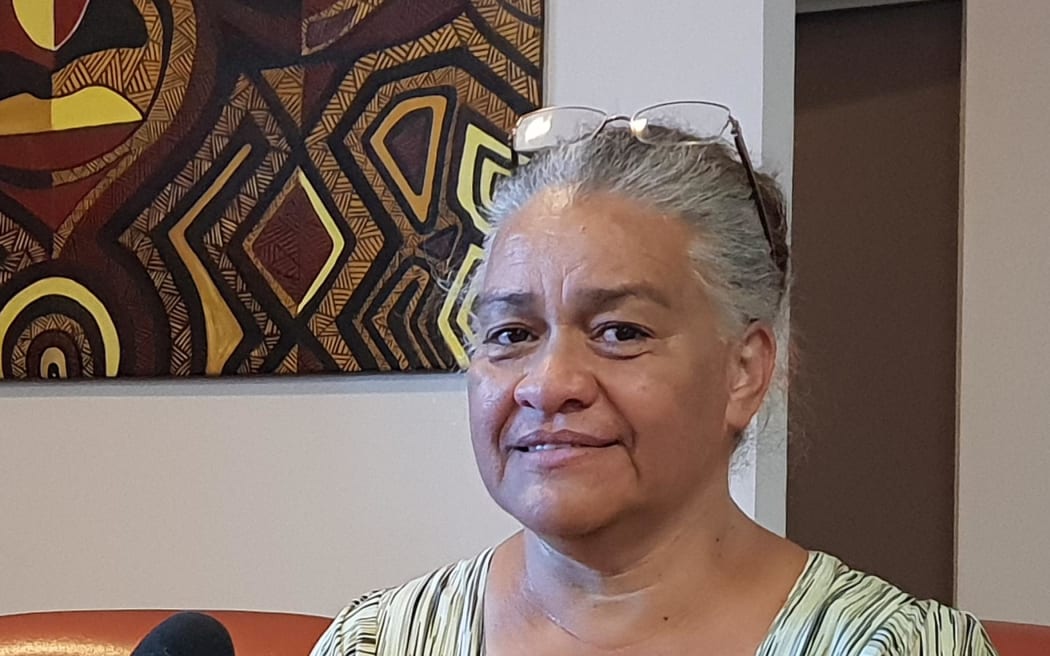
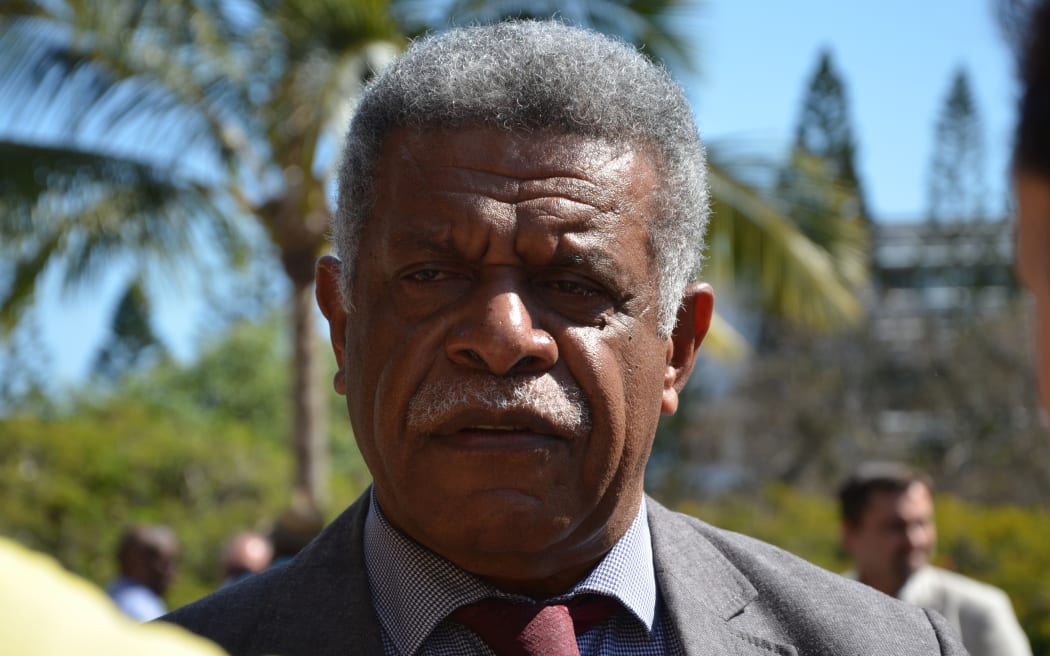
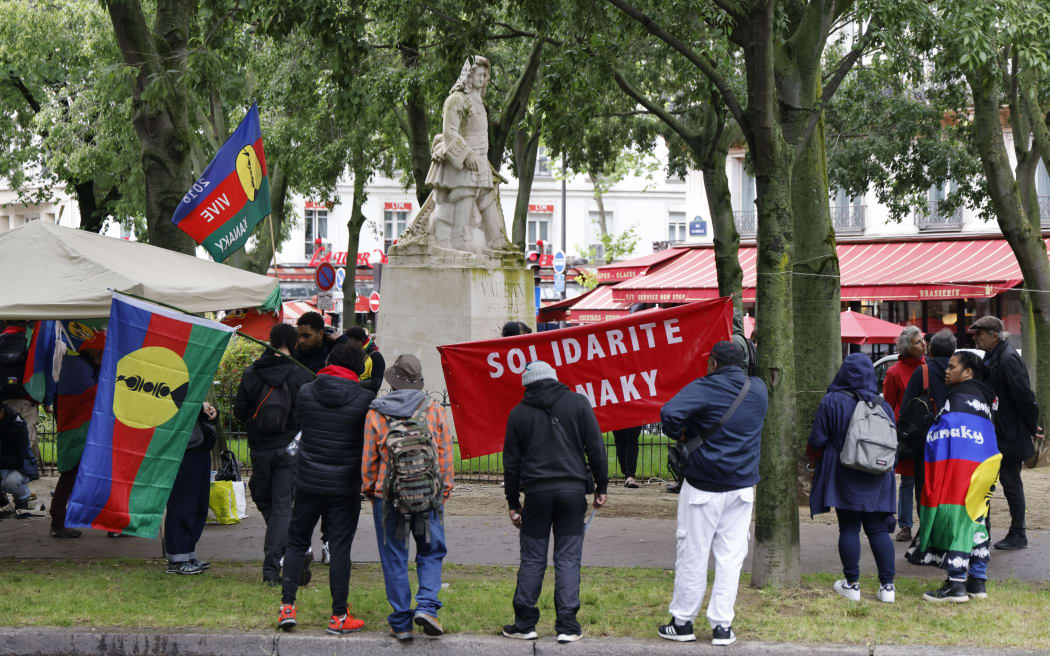
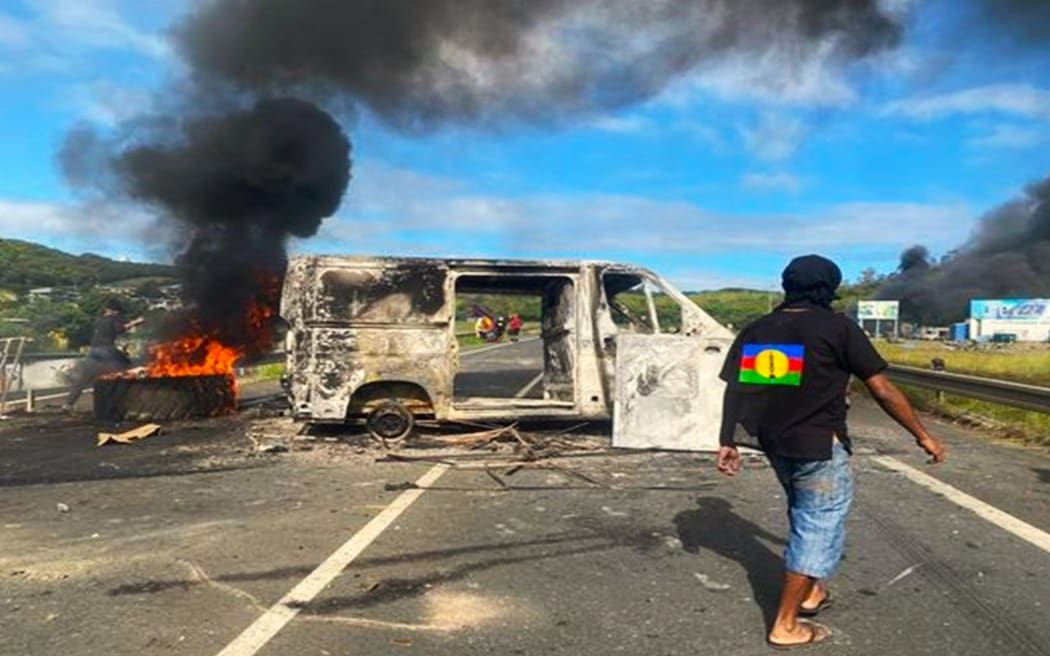
 More people detained at
More people detained at 


 Final nail in the coffin for human rights at the EU's borders and beyond.
Final nail in the coffin for human rights at the EU's borders and beyond.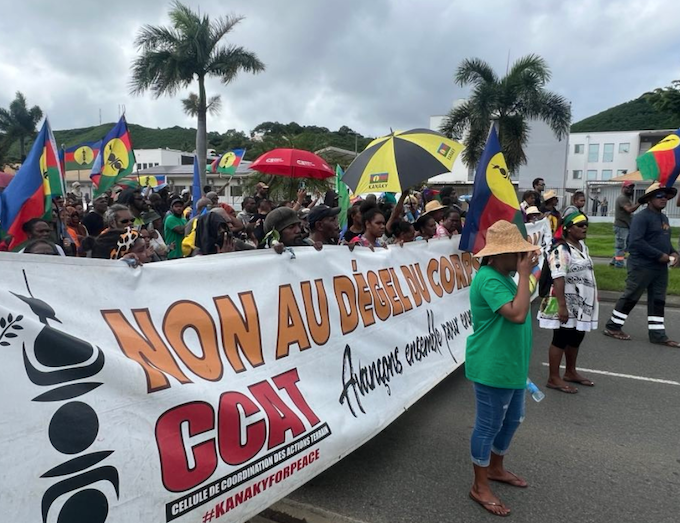
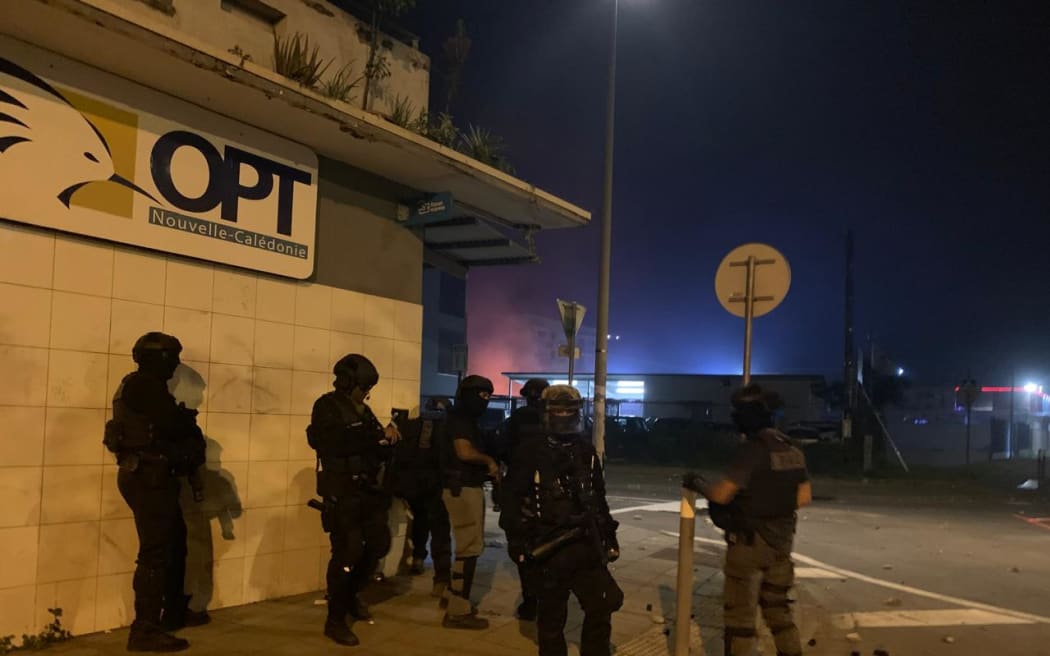
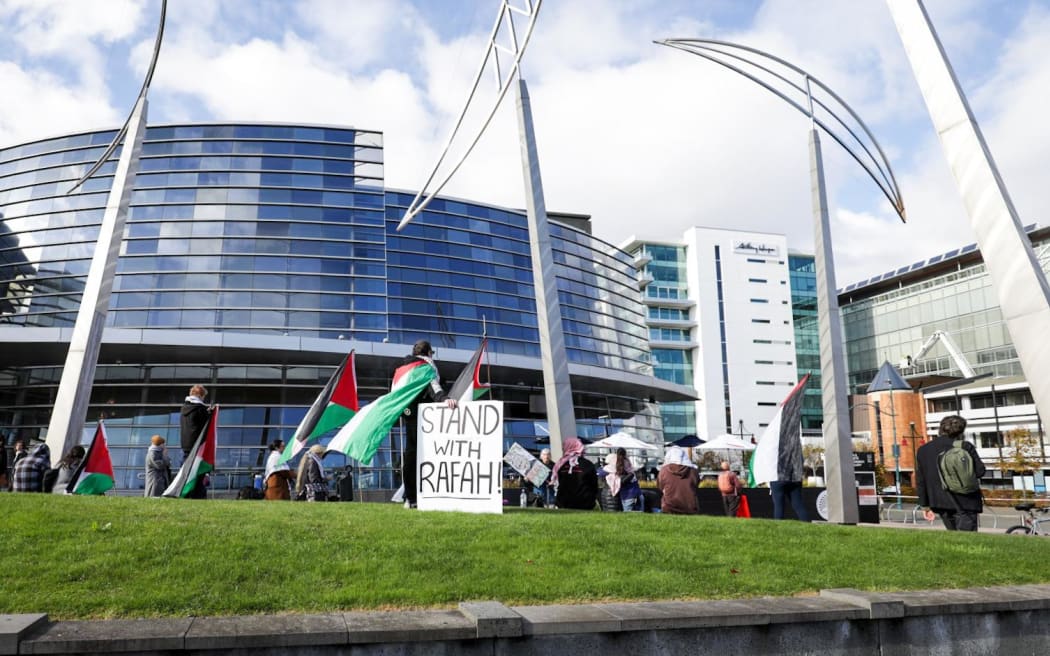
/trim-feed/media/media_files/fe79bbd16c91ffaa9898b5db7700045c9b205b742c4fbc9783af6ef130ba1c4d.jpg)
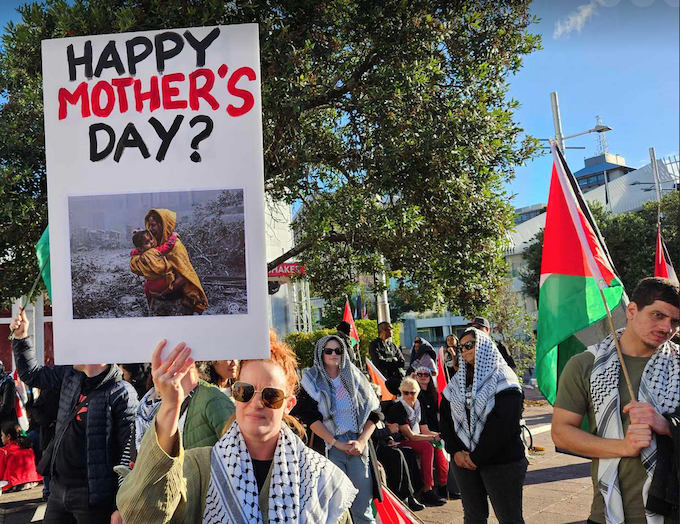
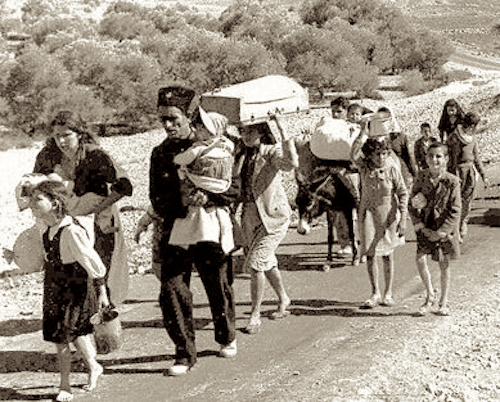


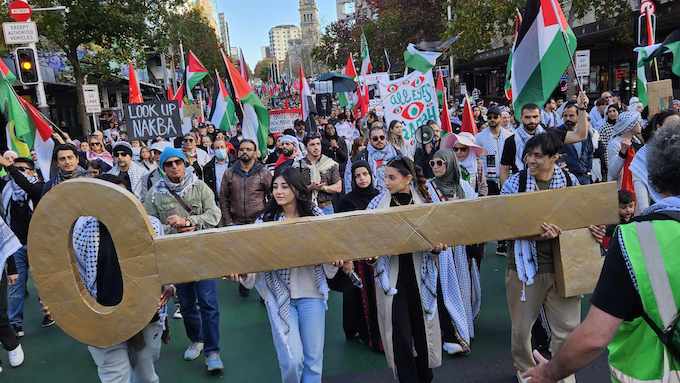
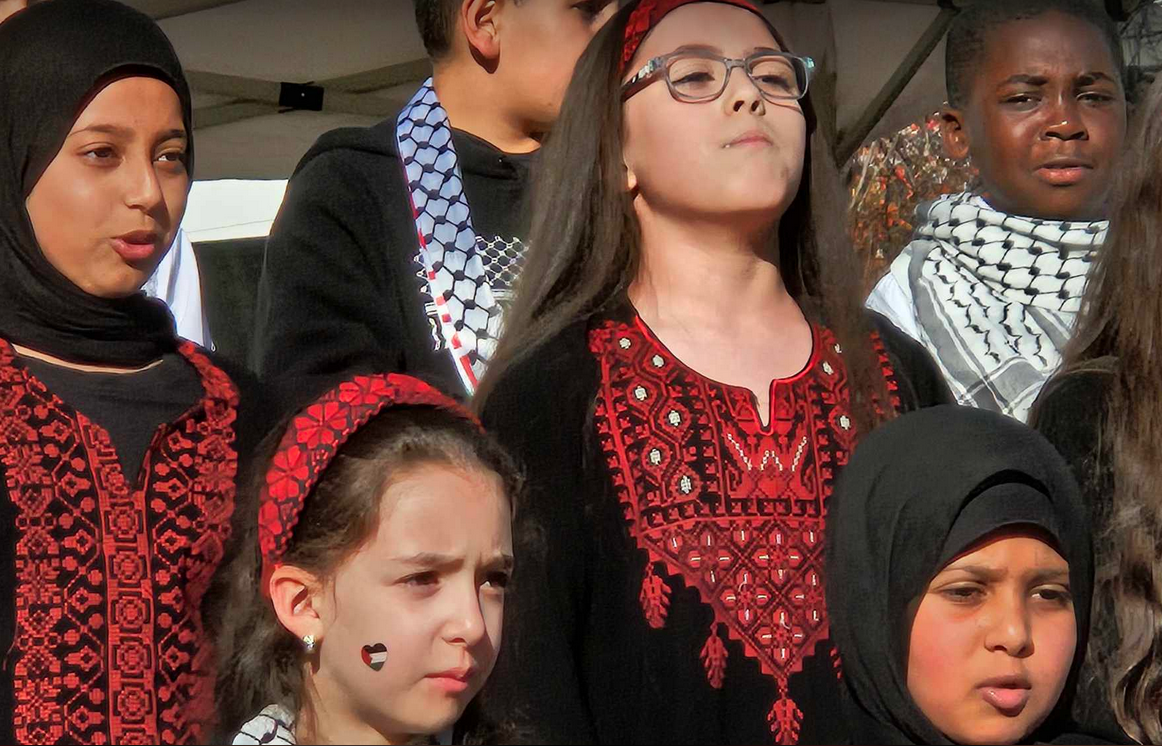
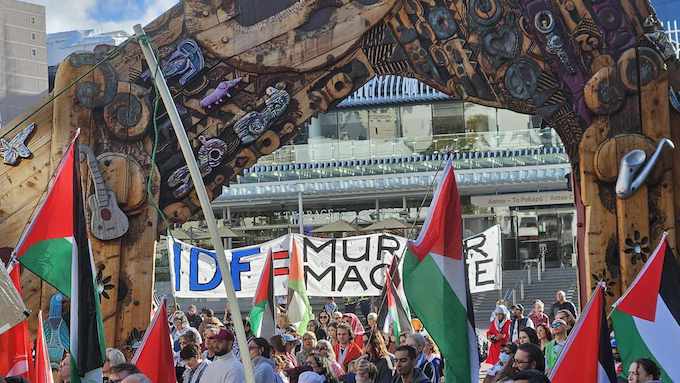
 (@AlasdairMack66)
(@AlasdairMack66) 